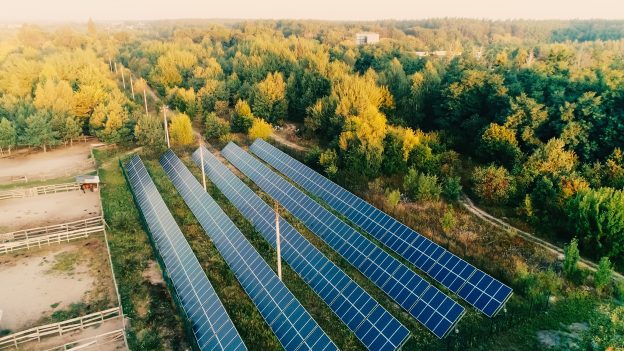Estimated by the British government, about half of a million homes in the country will be installed solar systems by the end of 2013. However, Tim Worstall, a Fellow of Adam Smith Institute, indicates that this is actually a disaster for Britain as this action is launched too early.
The solar systems installation was launched in 2010 and homes that install PV panels on the rooftops can get feed in tariff (FiT) subsidies. Although this seems to be a great success for the country, Worstall said that “this is insane” as PV costs may decline in three to four years even without any subsidy – especially for a cloudy country like Britain.
He gave an argument in his article published on Forbes.com. He believes that solar systems will one day be grid comparable in certain places yet this won’t happen in Britain for the weather isn’t adequate for solar power. Even assumes that everything, including the weather, the efficiency and all aspects of PV technology, goes well, there are still two major reasons to justify Worstall’s worry: first, it’s not necessary to provide subsidies; second, Britain’s subsidies will make no difference in PV’s global market.
Basically, the FiT scheme subsidy comes from an anticipation of equal (or close) electricity generating efficiency between solar power and other traditional ways such as coal. Officials also hope that these subsidies can help reduce PV system installation prices. “Solar PV has been getting steadily cheaper for decades,” wrote Worstall. “A subsidy program that has been running only a couple of years isn’t going to change that cost reduction curve.” The reduction of PV system prices is a natural progress even there is no any subsidy. As a result, Worstall believes that Britain’s subsidy is actually a waste of money.
There is another reason to explain why this FiT program is a disaster for the country – the market. Countries like USA, China and Germany are dominants in PV industry and there is no any PV manufacturer in Britain (this moment, at least) which means that the PV price is not only a global market but also a market that Britain can’t touch at the moment. “Whatever Britain has done has had a minimal to no effect,” pointed out by Worstall.
In a nutshell, there is a logical line for Worstall to give his argument against Britain’s solar installation subsidies project: Put aside the issue of whether PV will be grid comparable to traditional power generating ways, it’s not a good idea to develop solar power in a cloudy country like Britain. Moreover, the aim of the subsidies is to help reduce costs of PV system installation but the price is actually declining without any subsidy. Assumed that subsidy does help cost reducing, Britain’s subsidies don’t really matter to it as PV industry is a global industry and Britain is not a big name among the dominate countries.
Worstall also predicted that the cost of PV system installation in 2017 will be only half of the cost in 2014, so “why on Earth are we encouraging people to install panels in 2014 rather than wait until 2017?” wrote Wostall. To him, this project is typically a short-sighted waste.







